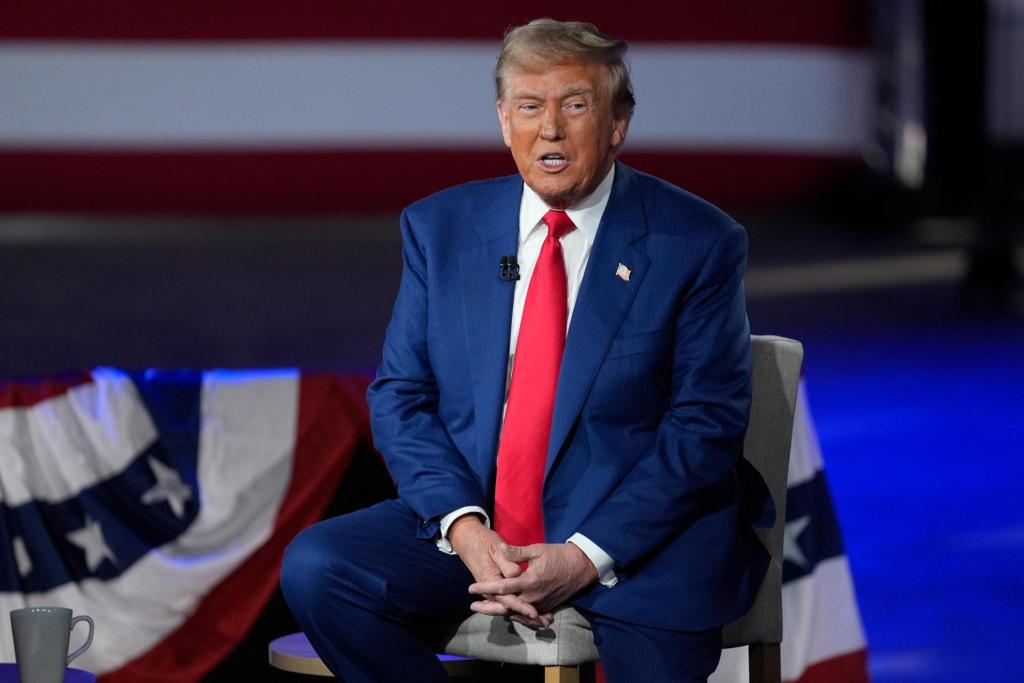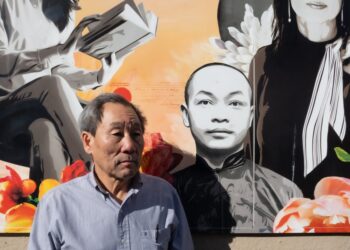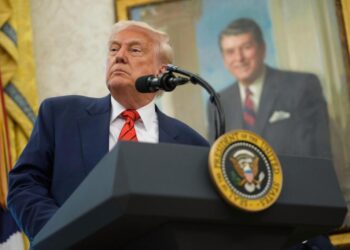By JILL COLVIN, ADRIANA GOMEZ LICON and JOSH BOAK
NEW YORK — Former President Donald Trump suggested to business leaders Thursday that his plans to increase tariffs on foreign imports would solve seemingly unrelated challenges such as the rising cost of child care in the U.S. — drawing connections many economists find unrealistic.
The GOP presidential nominee promised to lead what he called a “national economic renaissance” by increasing tariffs, slashing regulations to boost energy production and drastically cutting government spending as well as corporate taxes for companies that produce in the U.S.
Asked at his appearance before the Economic Club of New York about his plans to drive down child care costs to help more women join the workforce, he said: “Child care is child care, it’s something you have to have in this country. You have to have it.” Then he said his plans to tax imports from foreign nations at higher levels would “take care” of such problems.
“We’re going to be taking in trillions of dollars, and as much as child care is talked about as being expensive, it’s — relatively speaking — not very expensive, compared to the kind of numbers we’ll be taking in,” he said.
Trump has embraced tariffs as he appeals to working-class voters who oppose free-trade deals and the outsourcing of factories and jobs. But in his speech Thursday and his economic plans as a whole, Trump made what a broader — to some, implausible — promise on tariffs: that they can raise trillions of dollars to fund his agenda without those costs being passed along to consumers in the form of higher prices.
His campaign attacks election opponent Kamala Harris’ proposals to increase corporate tax rates by saying they would ultimately be borne by workers in the form of fewer jobs and lower incomes. Yet taxes on foreign imports would have a similar effect with businesses and consumers having to absorb those costs in the form of higher prices.
The United…
Read the full article here







